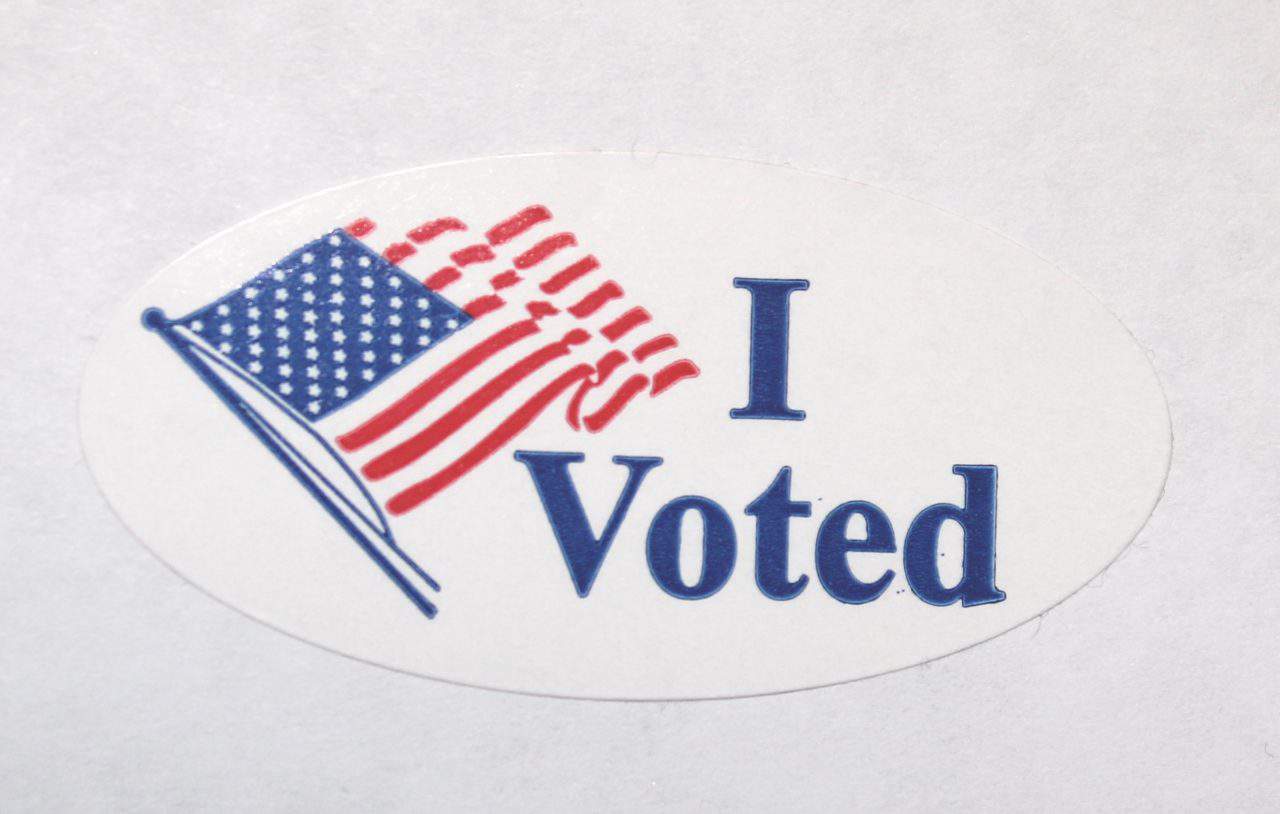By Angelo Lynn
Editor’s note: Angelo Lynn is the editor and publisher of the Addison County Independent, a sister publication to the Mountain Times.
As we enter the final weeks before the Nov. 8 elections, both state and national, let’s all reflect on one point that should, by now, be uncontested: Who you vote for and who’s elected makes a difference. Never think it doesn’t.
Remember that former president Trump was first elected in 2016 by a few narrow victories in key states. Less than 11,000 votes (47.5% to 47.3%) votes separated Trump over Hillary Clinton in Michigan out of 4.8 million votes cast. Meanwhile, Clinton squeaked past Trump in New Hampshire by just 3,000 votes — 348,625 to 345,790 or 45.8% to 46.5% out of 744,296 votes cast.
While Clinton beat Trump in the total number of votes cast nationwide (65,788,564 to 62,955,340, or by 2.8 million votes and 2 percentage points, 48.2% to 46.2%), Trump won the electoral count 306 to 232 by virtue of several close state elections.
In 2020, Biden beat Trump by 7 million votes (81,268,773 to 74,216,728, or 51.3 percent to 46.8%) in the popular vote. Biden would also win the electoral college 306 to Trump’s 232 — what Trump had called a “blow-out” when he won the 2016 election.
Back up a few years to the election of 2000, and the contest was razor thin. In that election, Democrat Al Gore won the popular vote 50,992,335 to 50,455,156 (about 500,000 votes) with tight elections in swing states that split the electoral college 271 for Republican George W. Bush to 266 for Gore.
In what came down to a few hanging chads (spoiled ballots) in the drawn-out Florida recount, Bush won the state (and the presidency) by just 537 votes, 2,912,790 to 2,912,253, out of almost 6 million votes cast.
Had Gore won Florida, and because he was an ardent believer in the negative effects of a warming climate, the world may well be a different place and the United States could have been a global leader of renewable energy development and the jobs it creates.
And it doesn’t take much of a political historian to recall that Sen. Bernie Sanders launched his political career as mayor of Burlington in 1981 when, as an Independent, he defeated Democrat incumbent Gordon Paquette by just 10 votes — 4,330 to 4,320.
In short, votes matter — and who we elect matters far more than we might think. Imagine if Bernie had never gotten his start on Vermont’s political scene, or if Gore had defeated Bush, or if the GOP, and the nation, would have escaped Trump’s corrosive influence.




